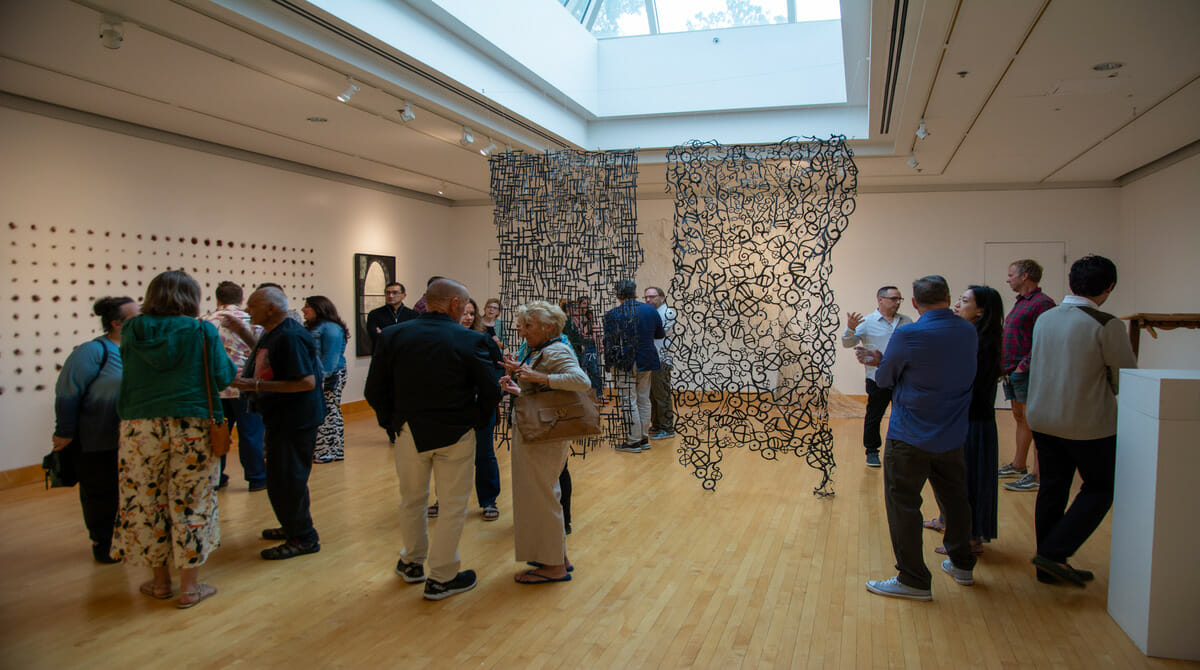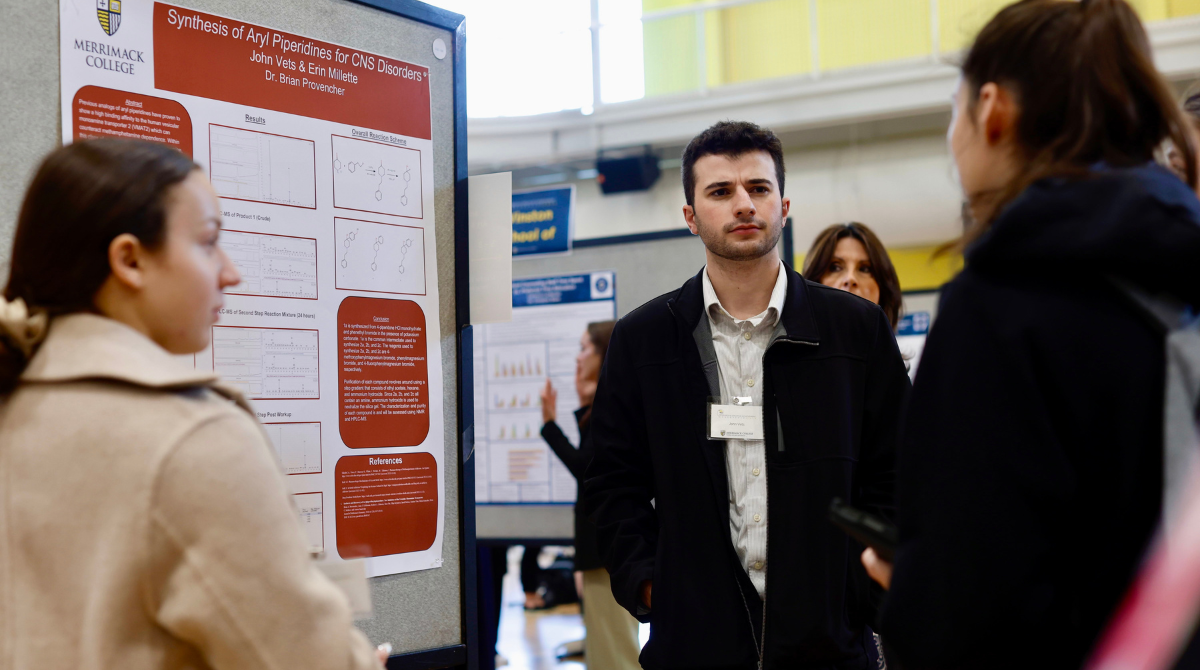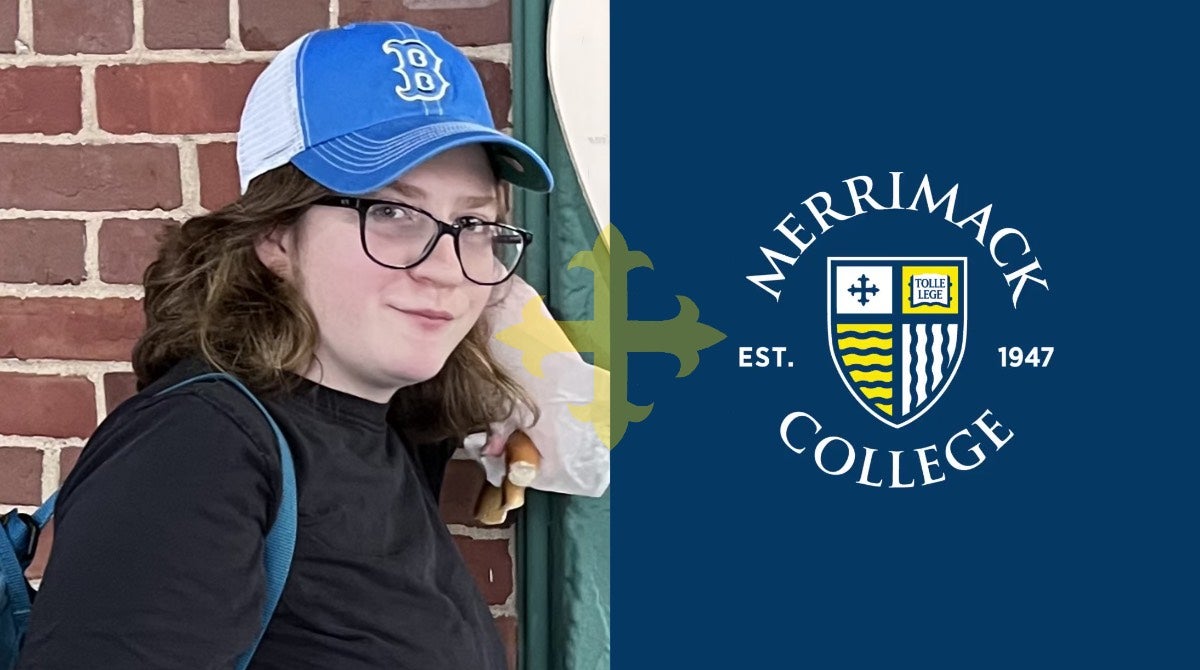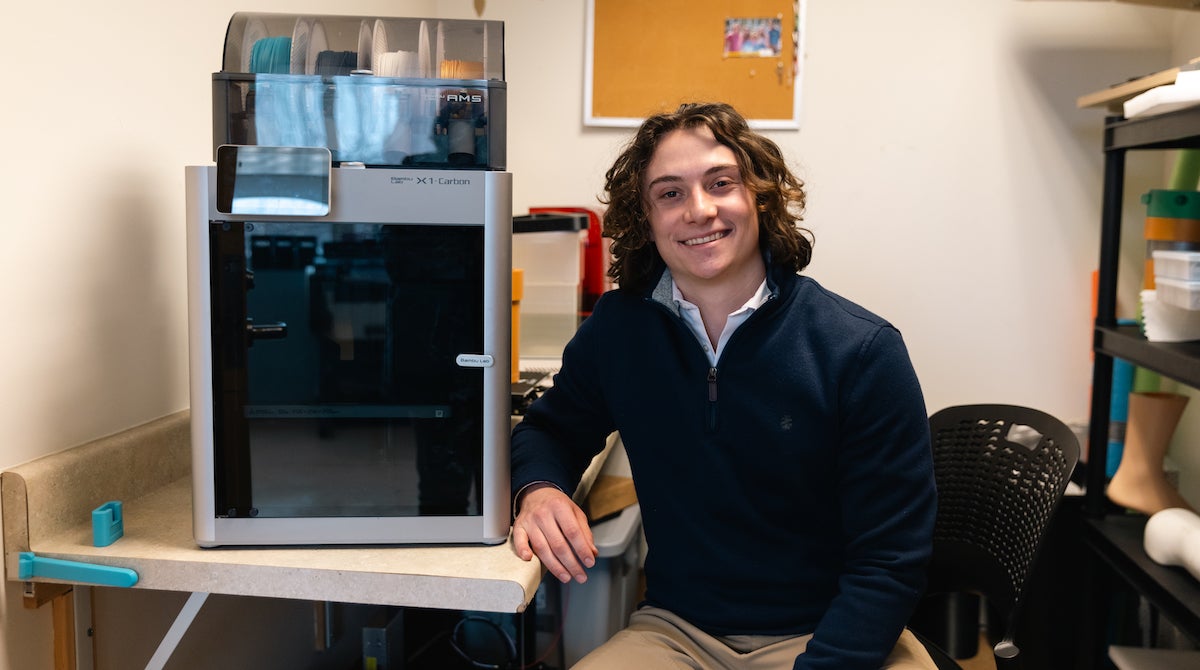Like many researchers, Merrimack College Associate Professor Bill McDowell has Google Scholar notifications enabled. Getting emailed updates about articles related to his research, as well as notifications about what studies are citing his work helps him stay up to date on the latest ecological research.
And when a notification recently popped up that a report cited previous research he had done, McDowell was surprised to see a very familiar name as the report’s publisher: the Intergovernmental Panel on Climate Change, the United Nations’ body for assessing the causes, impacts, and solutions to climate change.
“The IPCC is the preeminent organization documenting our understanding of global climate change,” McDowell explained. “When you are publishing research you don’t necessarily know who is reading it and what conclusions they are drawing, so it is very exciting to have my work cited by this global consortium of scientists.”
Created in 1988, the IPCC is comprised of working groups charged with examining and reporting scientific information for governments around the world to use to develop climate policies. McDowell’s research was cited by the IPCC Working Group 2, the working group focused on the scientific impacts of climate change, in a section titled “Vulnerability, Resiliency and Adaptive Capacity; How has climate impacted other ecological processes.”
As a doctoral student in 2012 at the University of Georgia, McDowell was studying invasive freshwater clams. After a very dry summer and a record-setting heat wave, he was counting clams in a river bed where the water level was extremely low and warm.
“These clams are really sensitive to high temperatures and low dissolved oxygen,” McDowell said. “If the water gets warm, oxygen can get really low so all of these clams were just dying en masse.”
McDowell discovered that while the clams dying caused an immediate release of nutrients in the water, over the long term this river and ecosystem permanently lost a natural filtration system. He also constructed tests in the laboratory to confirm his findings in the field. The paper describing the mass mortality event was published in the journal Limnology and Oceanography in 2017.
“With extreme events, invasive species can be more vulnerable than native species,” McDowell said. “That can inhibit what we consider ecological resilience.”
Today, McDowell is continuing to study global change in aquatic ecosystems, including new research on microplastics which he said ecological researchers are just beginning to scratch the surface of in terms of their ubiquity and impact.





